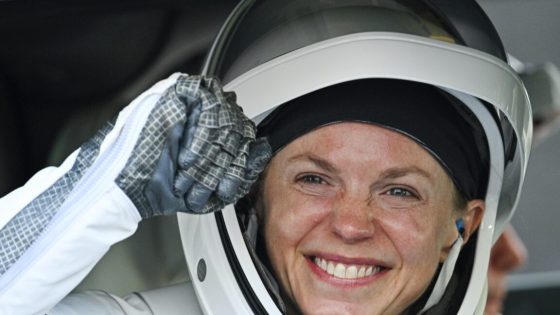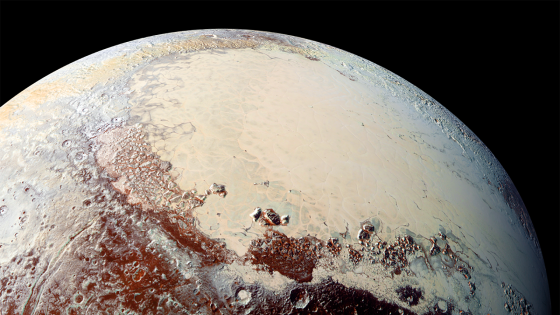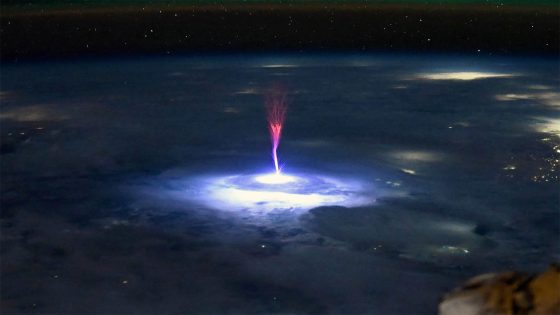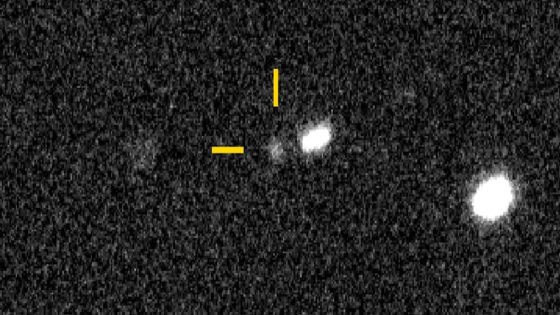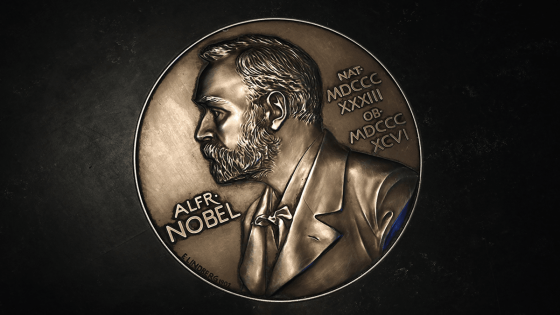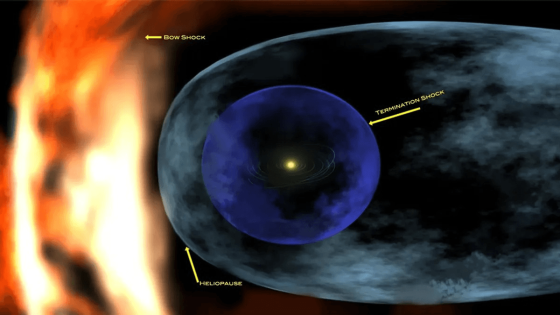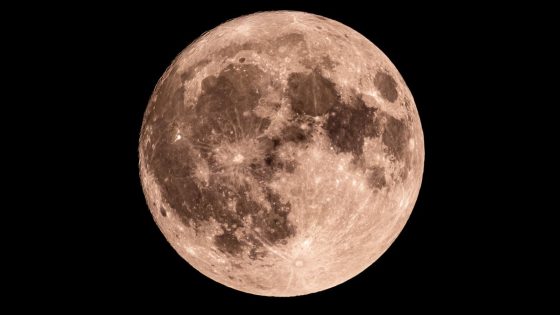The latest mission to the International Space Station (ISS) is a significant milestone in human space exploration. The Crew-11 team, which includes four astronauts, launched on 2025-08-02 02:06:00 from NASA’s Kennedy Space Center, aiming for a six to eight-month stay aboard the orbiting research complex.
- Crew-11 launched from Kennedy Space Center.
- Zena Cardman is the mission commander.
- Falcon 9 booster landed at LZ-1.
- LZ-1 will be decommissioned for new use.
- SpaceX plans new landing zones nearby.
- Transition from LZ-2 is under consideration.
Leading the mission is spacecraft commander Zena Cardman, accompanied by veteran NASA astronaut Mike Fincke and mission specialists Kimiya Yui from Japan and Oleg Platonov from Russia. Their journey marks another step in international collaboration in space science.
This mission raises important questions about the future of human spaceflight. How will the ongoing research aboard the ISS contribute to our understanding of long-duration space travel? Consider the following points:
- The Crew-11 team will conduct experiments that could impact future missions to Mars.
- International collaboration strengthens scientific advancements in space technology.
- SpaceX’s reusable rocket technology continues to revolutionize space travel.
As we look to the future, the success of Crew-11 could pave the way for more ambitious missions, including potential manned trips to Mars and beyond. The ongoing research aboard the ISS is crucial for preparing humanity for the challenges of deep space exploration.



